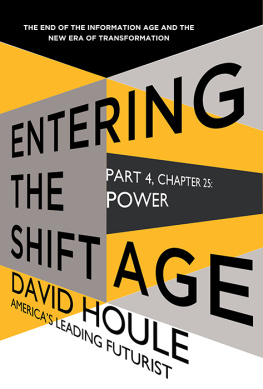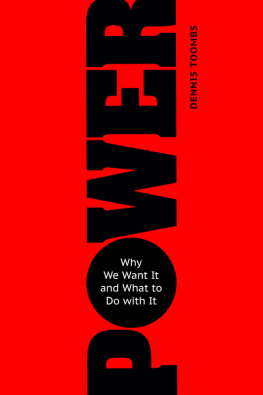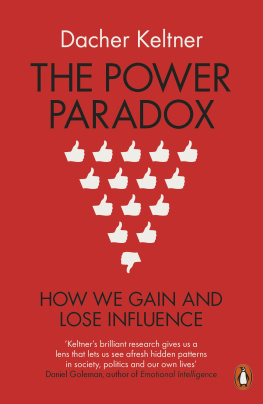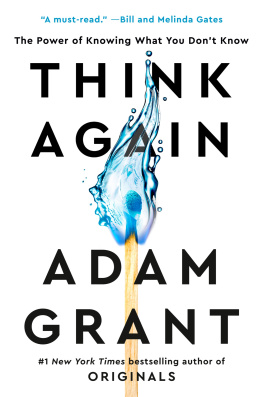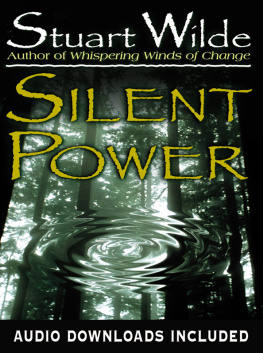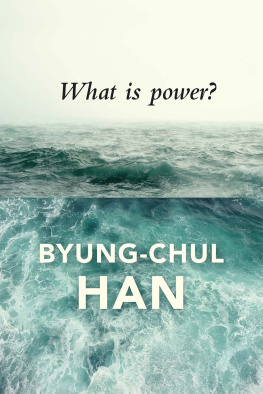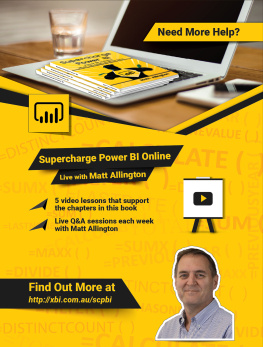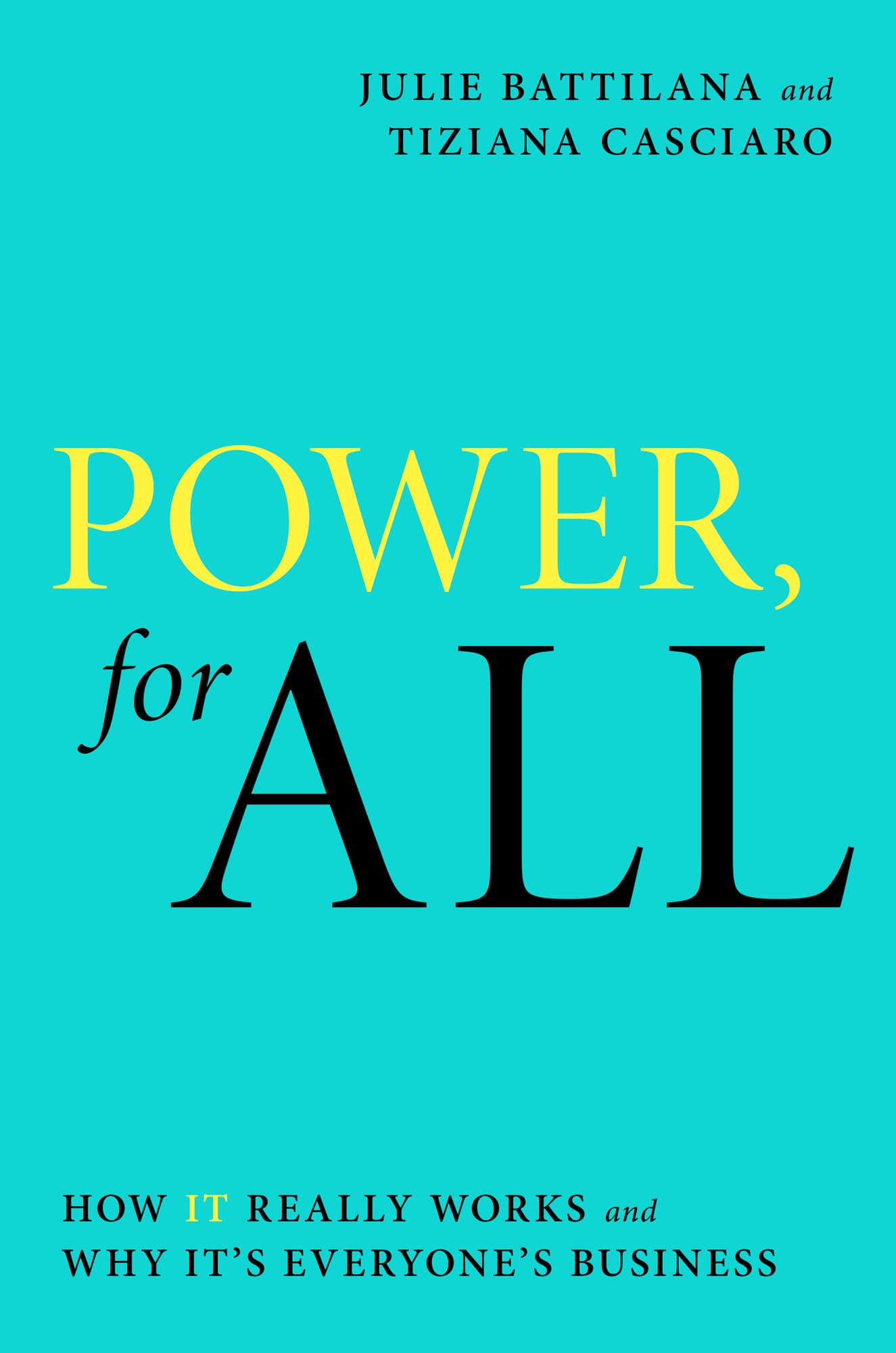Julie Battilana - Power, for All: How It Really Works and Why Its Everyones Business
Here you can read online Julie Battilana - Power, for All: How It Really Works and Why Its Everyones Business full text of the book (entire story) in english for free. Download pdf and epub, get meaning, cover and reviews about this ebook. year: 2021, publisher: Simon & Schuster, genre: Politics. Description of the work, (preface) as well as reviews are available. Best literature library LitArk.com created for fans of good reading and offers a wide selection of genres:
Romance novel
Science fiction
Adventure
Detective
Science
History
Home and family
Prose
Art
Politics
Computer
Non-fiction
Religion
Business
Children
Humor
Choose a favorite category and find really read worthwhile books. Enjoy immersion in the world of imagination, feel the emotions of the characters or learn something new for yourself, make an fascinating discovery.

- Book:Power, for All: How It Really Works and Why Its Everyones Business
- Author:
- Publisher:Simon & Schuster
- Genre:
- Year:2021
- Rating:4 / 5
- Favourites:Add to favourites
- Your mark:
Power, for All: How It Really Works and Why Its Everyones Business: summary, description and annotation
We offer to read an annotation, description, summary or preface (depends on what the author of the book "Power, for All: How It Really Works and Why Its Everyones Business" wrote himself). If you haven't found the necessary information about the book — write in the comments, we will try to find it.
Power is one of the most misunderstoodand therefore vilifiedconcepts in our society. Many assume power is predetermined by personality or wealth, or that its gained by strong-arming others. You might even write it off as dirty and want nothing to do with it. But by staying away from power, you give it up to someone else who may not have your best interest in mind. We must understand and use our power to have impact, and pioneering researchers Julie Battilana and Tiziana Casciaro provide the playbook for doing so in Power, for All.
Battilana and Casciaro offer a necessary (Tarana Burke, creator of the #MeToo movement and bestselling author of Unbound) and invaluable (David Gergen, CNN political analyst) vision of power: the ability to influence someone elses behavior. This influence is derived from having access to valued resources, and once you understand what those are, you can take action to improve life for yourself and others.
With proven strategies of agitating, innovating, and orchestrating change, Power, for All shows how those with less power can challenge established structures to make them more balanced. The authors teach you how to power-map your workplace to find who can create real change at work, plan for and cause sustaining shifts, and understand the two basic needs all human beings sharesafety and self-esteemand the resources people seek to satisfy those needs: money and status, but also autonomy, achievement, affiliation, and mortality. They explore how these dynamics play out through vivid storytelling: as Donatella Versace successfully leads her brothers company after his deathdespite having a title, but little influence; what social movements can learn from youth climate activists and how they can go farther; and how a manager can gain the trust of skeptical employees and improve the workplace.
Power, for All demystifies the essential mechanisms for acquiring and using power for all people.
Julie Battilana: author's other books
Who wrote Power, for All: How It Really Works and Why Its Everyones Business? Find out the surname, the name of the author of the book and a list of all author's works by series.

